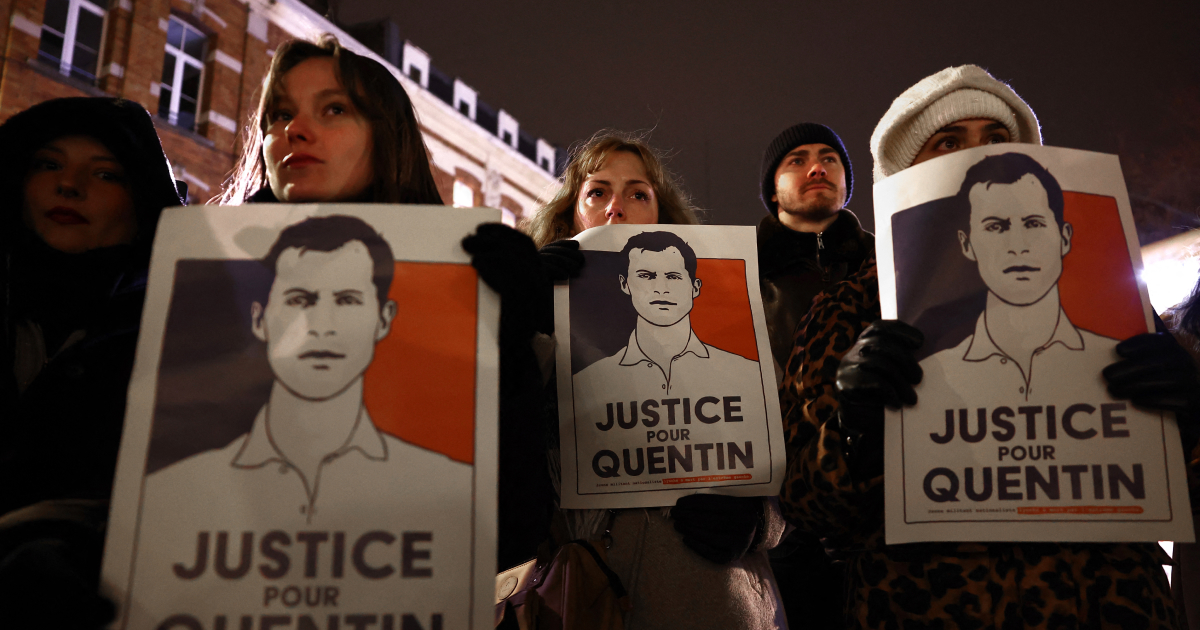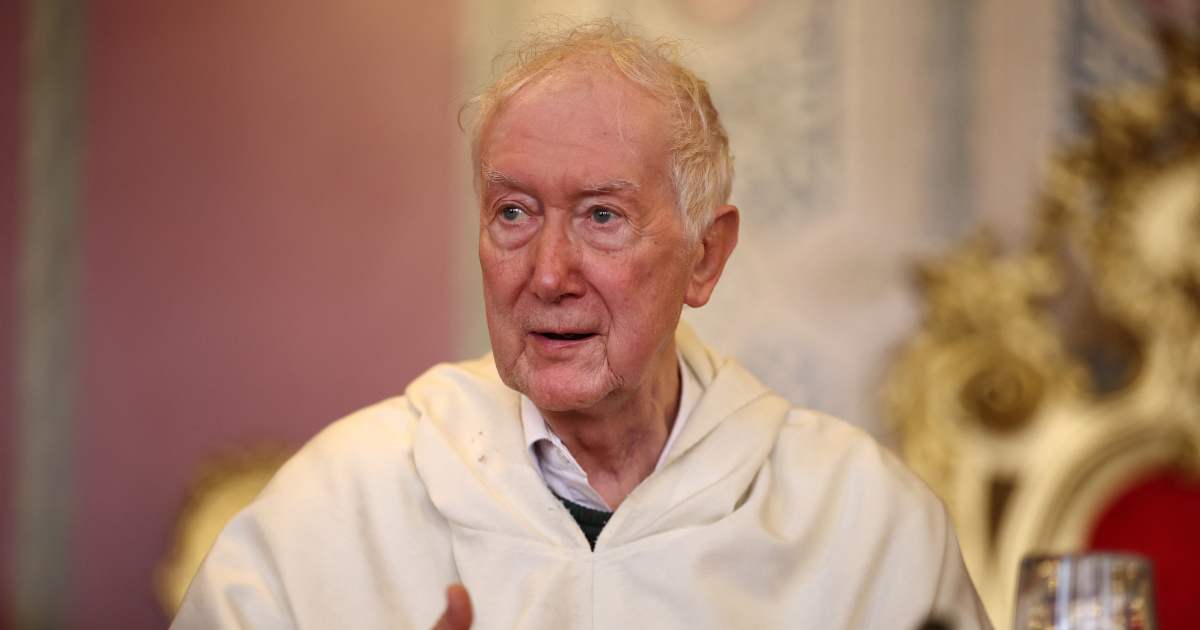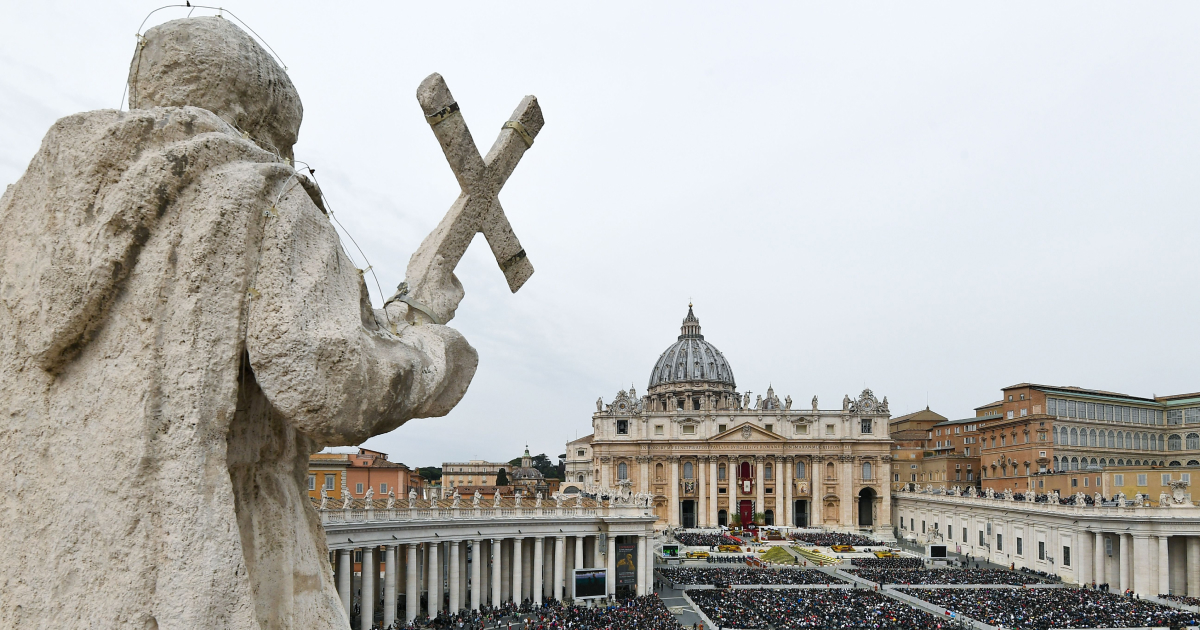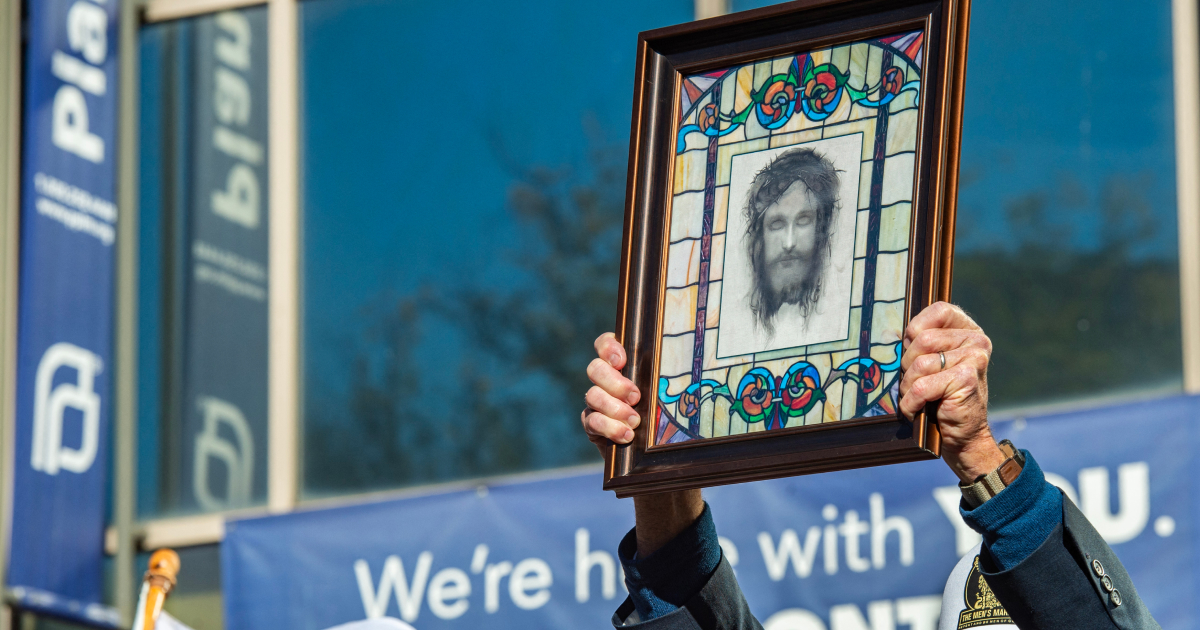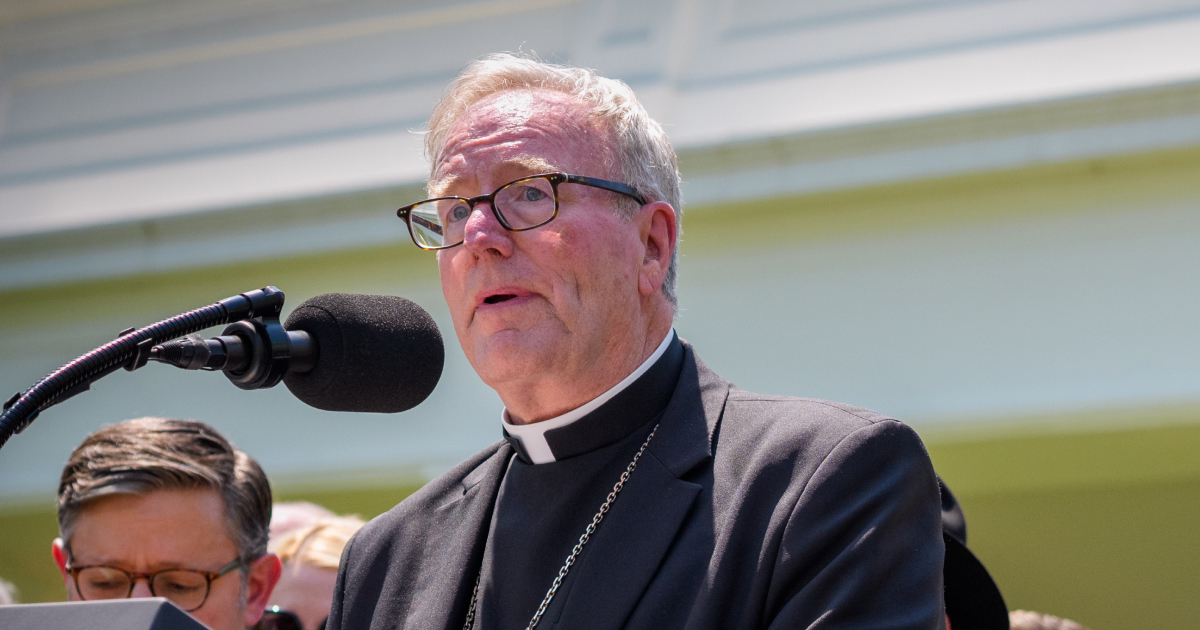More than 3,000 people were killed in Haiti during the first six months of this year, according to the Office of the United Nations High Commissioner for Human Rights. The high number of deaths caused by the widespread violence that has overtaken the Caribbean nation has been impacting the Church’s work in several ways. In a press conference held in Geneva last week, OHCHR spokesperson Ravina Shamdasani reported that 3,141 people were murdered between 1 January and 30 June 2025. Departments such as Artibonite and Centre are among the most affected.
Since the assassination of President Jovenel Moïse in 2021, gangs have taken control of large areas of Port-au-Prince and expanded along major routes in the north and centre of the country, reaching the Dominican border. Kidnappings and extortion are now widespread. Clergy and religious are particular targets for criminals, who assume that Church institutions have funds to pay for ransoms or protection. The most recent case was the murder of two nuns from the congregation of the Little Sisters of St Thérèse of the Child Jesus, killed on 31 March in Mirebalais, around 37 miles from the capital. “They were ambushed in their parish house, along with laypeople and the security guard. All of them were killed,” said Sister Hélia Sange Moreira, a Brazilian-born member of the Apostles of the Sacred Heart of Jesus. “Their bodies were just left to decompose. That’s very sad.”
Moreira works in a school in the Santo neighbourhood, one of the few areas until now less affected by the violence. “Many people from endangered areas come to our neighbourhood to protect their lives. The gangs have been less violent to us,” she said. But that too is changing. “If you have a large car, they’ll stop you and demand money. Even when you go to the supermarket, you have to pay them a ‘tariff’.” According to Fr Gilbert Peltrop, secretary-general of the Conference of Religious of Haiti, violence has made pastoral ministry almost impossible. “Churchgoers have been displaced, scattered across various areas, far from their homes or parishes. Gathering people has become increasingly difficult.”
Fr Agler Cherizier, a Scalabrinian priest, said many clergy and religious have either relocated to safer districts or left the country altogether. Moreira recounted that one group of priests had to flee after threats. Their hospital was briefly abandoned—though the gang later permitted them to return. “Their houses, however, had been looted and burnt,” she said. Gang members often occupy large religious residences. Since 2024, a UN-backed peacekeeping force of around 800 Kenyan police has been deployed in Haiti, but it has failed to dislodge the criminal gangs entrenched in Port-au-Prince.
“The Church continues its work in a timid, slow rhythm. Most people are afraid to be too visible. Missionaries are struggling to survive,” said Moreira. “If we analyse the situation in detail, we’ll conclude that there are no concrete reasons for hope. But we cannot let despair win. Haitians are, in general, a people of faith. Curiously, it is their faith that helps us to recover hope.”
(Photo by Spencer Platt/Getty Images)





.jpg)


